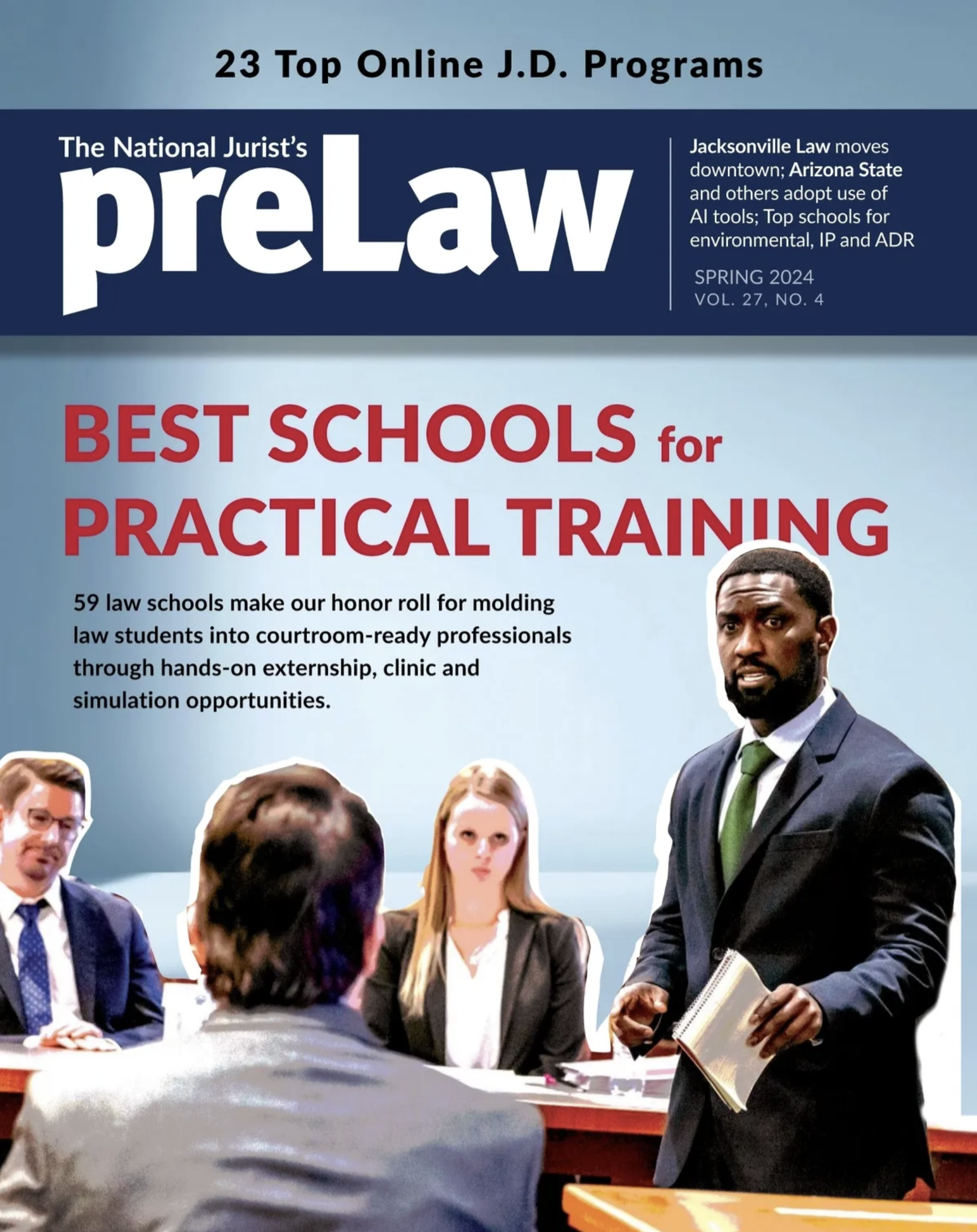Law school graduates report satisfaction in their careers and with their decision to go to law school, whether they went to an elite law school or not, according to a recent study that tracked law school graduates who began their careers in 2000.
“Our study points to people’s satisfaction with what they have gotten out of their legal education and their careers as lawyers,” said Joyce Sterling, Professor at University of Denver Sturm College of Law.
Sterling said the study also indicated that the differential in debt repayment was marginal between students who graduated from top tier institutions and other law school graduates.
“The majority of graduates who do not end up in large corporate practices, which the critics say you have to do, are paying down their debts as quickly as people who make a lot of money,” she said. “In many cases, they’re actually paying down their debt faster.”
The study was published in a paper titled “Buyers’ Remorse? An Empirical Assessment of the Desirability of a Legal Career.” Sterling co-authored the paper with Ronit Dinovitzer, Professor at University of Toronto, and Bryant Garth, Professor at Southwestern Law School.
According to Dinovitzer, this is the first nationally representative study of lawyers in the United States.
“These kind of data are extremely valuable because they provide data for a representative cohort of lawyers from across the country, and not from particular schools or locales,” she said. “The longitudinal nature of the study is equally important to note — we are tracking the same people over time, so we can better understand sequences of events. These data are invaluable for those seeking to understand the career patterns of lawyers.”
The study used a national sample of graduates who began their law practice in 2000. The study sampled approximately 9,000 lawyers from 18 jurisdictions and surveyed them in three waves in 2003, 2007 and 2012. The results of the 2003 and 2007 surveys have been published, however, Sterling said the 2012 results will be published at a later date.
Sterling said she expects the 2012 data to demonstrate a continuation of the same results found in the other two surveys, though the results may vary due to economic conditions.
“One thing is the third wave of data was collected in 2012, so it includes the economic recession,” Sterling said. “So we have a whole series of questions that we added in the third wave asking about the effect of the recession both on the lawyers’ employers as well as themselves.”
Sterling said she hoped the paper would correct some misinterpretations about the legal education landscape that critics have put forward.
“The critics would basically have only those students who can get into an elite law school go to law school, and I think that’s a very narrow perspective,” she said. “Hopefully things like this article will make people rethink the advantages of having a legal education.”





